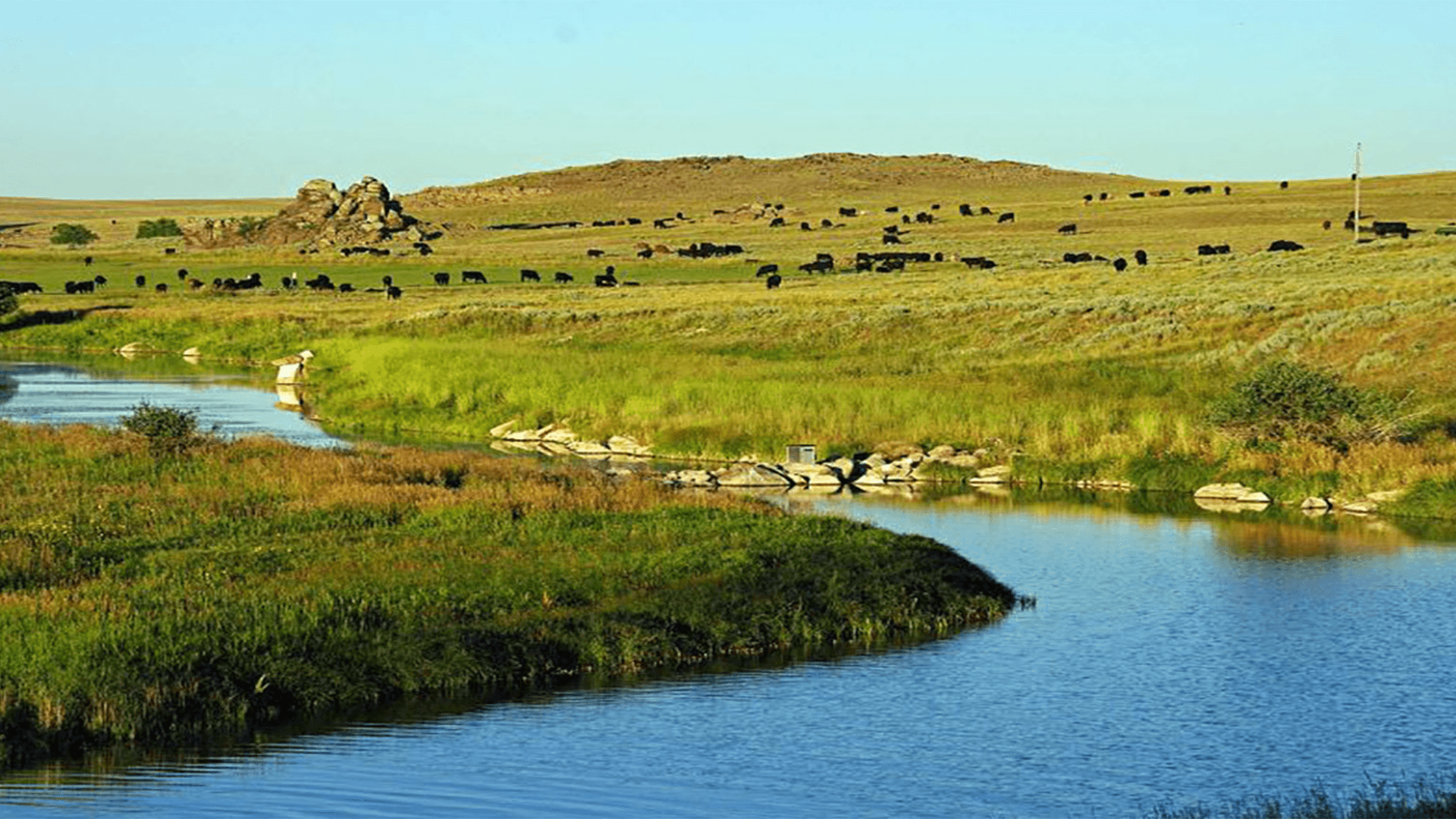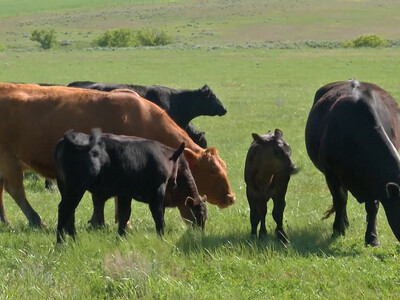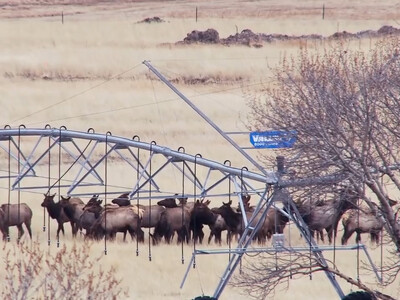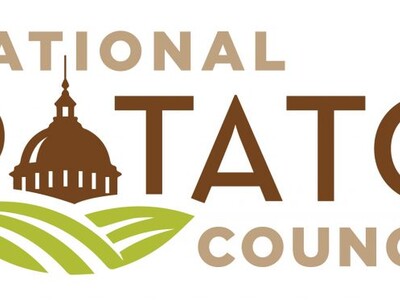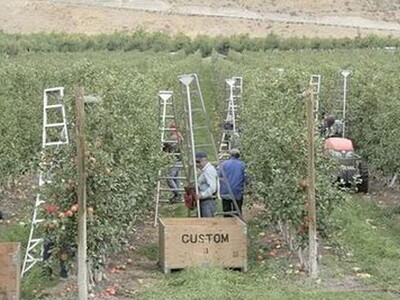Senate Overturns WOTUS Rule-Biden Expected to Veto
Republicans in Congress succeeded in passing a bill through the Democratic-led Senate on a 53-43 vote Wednesday to overturn the controversial waters of the U.S. rule under the Clean Water Act, sending the bill to President Joe Biden, who is expected to veto the measure.The resolution of disapproval matched a bill passed by the House on a 227-198 vote earlier this month.
Agricultural groups have been among some of the most ardent critics of the latest attempt to define waters of the U.S. in a federal rule. Groups maintain the new rule is overly broad and could lead to federal regulation of ditches, ephemeral streams and low spots on farmland.
Zippy Duvall, president of the American Farm Bureau Federation, called on Biden to follow Congress and rescind the rule.
Farmers and ranchers are committed to protecting the land and water they rely on to grow food for America's families," Duvall said. "Unfortunately, the 2023 WOTUS threatens the progress made to responsibly manage natural resources. We urge President Biden to recognize the concerns from members of both parties and rescind this troubled rule."
The White House has said the president will veto the resolution, which would mark his second veto in the past month. Still, a veto on the waters of the U.S. (WOTUS) rule would come essentially while the U.S. Supreme Court has a pending case, Sackett v EPA, that also likely will go a long way in determining whether the latest EPA rule will need to be rewritten.
IMPACT ON FARMERS, RANCHERS
Senate Minority Leader Mitch McConnell, R-Ky., lashed out at the rule, which he said would affect farmers, ranchers and infrastructure projects. He also pointed to the bipartisan opposition to the rule.
"America's farmers and ranchers have tough enough jobs without Washington Democrats inventing new problems," McConnell said. "But yet again, unelected bureaucrats at the EPA are trying to dump massive new regulations onto the heads of the small businesses that feed and fuel our economy. The Biden administration's latest version of the Waters of the United States is not some commonsense conservation measure. It's a radical power grab that would give federal bureaucrats sweeping control over nearly every piece of land that touches a pothole, ditch, or puddle."
McConnell also pointed to the pending Supreme Court case. "If the president vetoes it, Americans will need to hope the Supreme Court makes it clear that these EPA bureaucrats are way outside the authority that Congress actually provided in the Clean Water Act."
LONG-STANDING BATTLE
The Sackett case involves a long-standing battle between an Idaho couple and EPA over whether the Ninth Circuit Court of Appeals followed the proper legal tests for determining whether wetlands qualify as waters of the U.S. The case was argued in October, and a ruling will come sometime this spring.
The outcome of the Sackett case will more than likely lead federal courts to either uphold or reject the new WOTUS rule based on the language in the ruling.
The bill passed the Senate with the support of every Republican senator along with four Democrats -- Sens. Joe Manchin of West Virginia, Catherine Cortez Mastro and Jacky Rosen of Nevada and Jon Tester of Montana, as well as Sen. Krysten Sinema, I-Ariz. As it is, the latest version of the WOTUS rule is on hold due to court injunctions in Texas and Idaho. Another 24 other states have asked a federal court for a similar injunction.
EPA ADMINISTRATOR CRITICIZED
EPA Administrator Michael Regan was criticized Tuesday in a House Appropriations Subcommittee hearing about the latest Clean Water Act rewrite. Regan told the subcommittee he doesn't believe EPA expanded federal authority over waters in the new rule. He said the agency believes the new rule "narrowed" the test put forward by the Supreme Court on making Clean Water Act determinations, emphasizing that USDA also supports the rule.
Regan, when asked why EPA drafted the new rule before the Supreme Court ruling on the Sackett case, said the agency moved forward because the last rule from the Trump administration also had been rejected by federal courts.
"There are also some aspects of this rule that the Sackett case won't touch," Regan said. He added, "And so, what we decided to do was move forward, try to codify a number of exemptions that were requested of us by the agricultural community. And I obviously respect the Supreme Court's position. I will respect the Supreme Court's ruling. What we have now is we can adjust it to what the Supreme Court rules this summer. We will adjust this rule, and we will move forward in a much more expeditious way than waiting to June and then start a two- to three-year rulemaking process. So, I think we are ahead of the curve in terms of having the framework for moving forward."
Source: DTN


